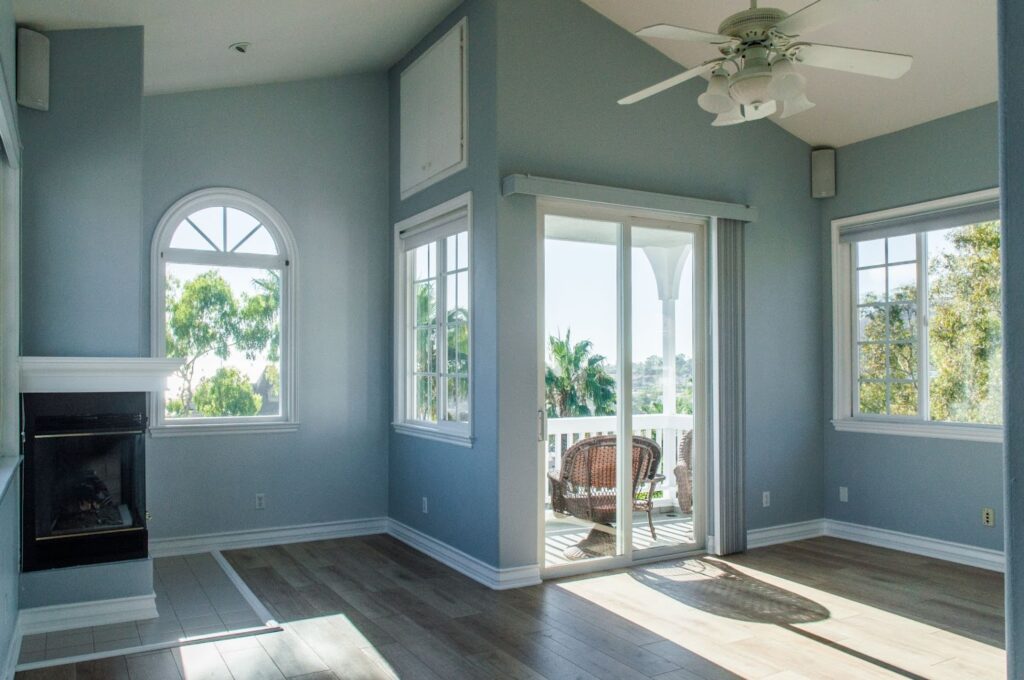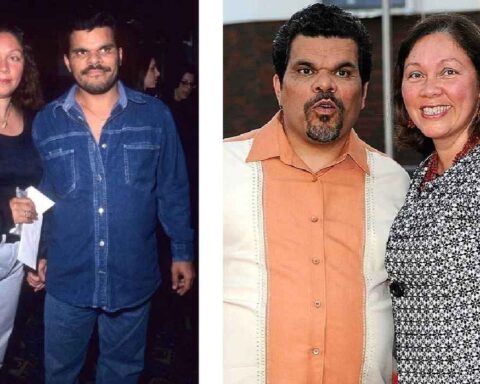Campervan sales have surged in popularity since the COVID-19 pandemic, with many people discovering the joys of campervan adventures and the benefits of having a holiday home on wheels. Solar power has become a common power source and a great way to keep your costs down while reducing your environmental impact. Read on for all you need to know about solar systems, storage solutions, and more.
Solar Power for Campervans
Campervan solar power involves converting energy from sunlight into electricity, which can then power the appliances, lights, and other electronics in a camper van. Typically, systems will consist of solar panels, a charge controller, and batteries. As many as 78% of people install a campervan solar system with 300W-400W systems, enabling full-time off-grid living. Just be sure to arrange motorhome insurance before hitting the road for protection.
Choosing the Right Solar Setup
When choosing a solar system for your campervan, there are a few considerations. You need to consider what your typical daily energy usage is when using the campervan, the geographical location, and seasonal variations. You can calculate your power needs using an energy consumption calculator, which will help you choose a system that will supply enough power for your appliances. Solar power efficiency and placement are also key factors – make sure that you place panels that will face the sun.
Battery Storage Solutions
You must also consider battery storage solutions for stored solar power. For camper vans, battery storage solutions are either lithium-ion (long-lasting and efficient) or AGM (a budget-friendly option that is heavier and less durable). You will also need to choose the right battery size for your needs and try to avoid exposing the battery to extreme temperatures for longevity.
Energy Efficient Appliances & Systems
You can also keep your impact and running costs down by choosing energy-efficient appliances and systems. This can include LED lighting solutions, energy-efficient refrigeration options, and water-heating systems, such as on-demand propane heaters.
Smart Energy Management
Energy monitoring systems can be useful for tracking your power input and consumption in-real time. This will allow you to find ways to reduce your usage, such as switching off devices when not in use and identifying appliances that consume the most power.
Safety & Regulations
Finally, safety should be a top priority when it comes to solar panel systems installation if you go the DIY route. Be sure to follow important regulations, such as BS 7671 in the UK and NEC 690 in the US.
A campervan can be a great investment that gives you a holiday home on wheels. Solar power systems are becoming increasingly common on campervans as they can help owners minimise their impact on the planet while keeping their costs down. The information in this post should help you create a reliable, efficient, and safe solar power setup for your campervan and enjoy energy efficient, sustainable adventures.
Read more : zoeperry









